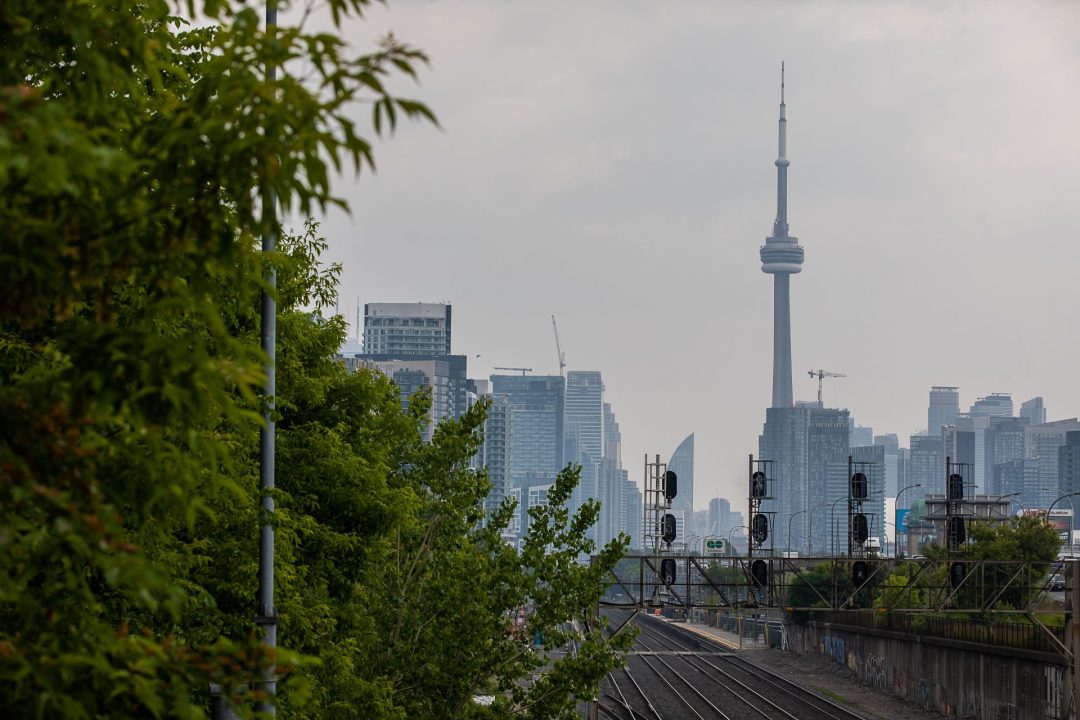Toronto/Washington.- Toronto, the most populated city in Canada, canceled this Friday the poor air quality alert that it had maintained for four days due to the effect of smoke from two hundred forest fires that are active in the provinces of Quebec and Ont.
The rain that fell this Friday in Toronto as well as the change in wind direction improved conditions in the city, said the Meteorological Service of Canada.
On Wednesday, air quality in the greater Toronto area, home to about 6 million people, a seventh of Canada’s population, hit its worst point, forcing authorities to recommend that seniors, children and Individuals with medical problems should avoid outside activities.
Although air quality is improving, about 200 fires remain active in the northern provinces of Ontario and Quebec. Across Canada the figure is 413, half of them out of control.
Since the beginning of the year, the flames have consumed around 4.3 million hectares of forest and vegetation, a figure 16 times higher than the average for the last decade.
Authorities and scientists have pointed out climate change as the factor that is causing this exceptional number of fires.
Meanwhile, in Quebec, with about 150 active forest fires, authorities trust that the situation will stabilize in the coming days thanks to the weather conditions and the arrival of firefighters from several countries.
It also improves air quality in the US.
After two days immersed in a thick haze of smoke particles, cities like New York and Washington woke up this Friday with moderate air quality while the cloud from the fires in Canada continues to disperse towards the south.
According to the country’s National Weather Service, this Friday the smoke will continue to affect regions ranging from the Great Lakes to the Mid-Atlantic with reduced air quality.
Poor air quality is expected to affect several southern cities such as St Louis, Missouri and Louisville this Friday.
Meanwhile, the main cities on the east coast of the country, such as New York or Washington, register “moderate” air quality levels after two days on alert for unhealthy air that has affected some 75 million people, with the worst levels of pollution recorded in decades.

